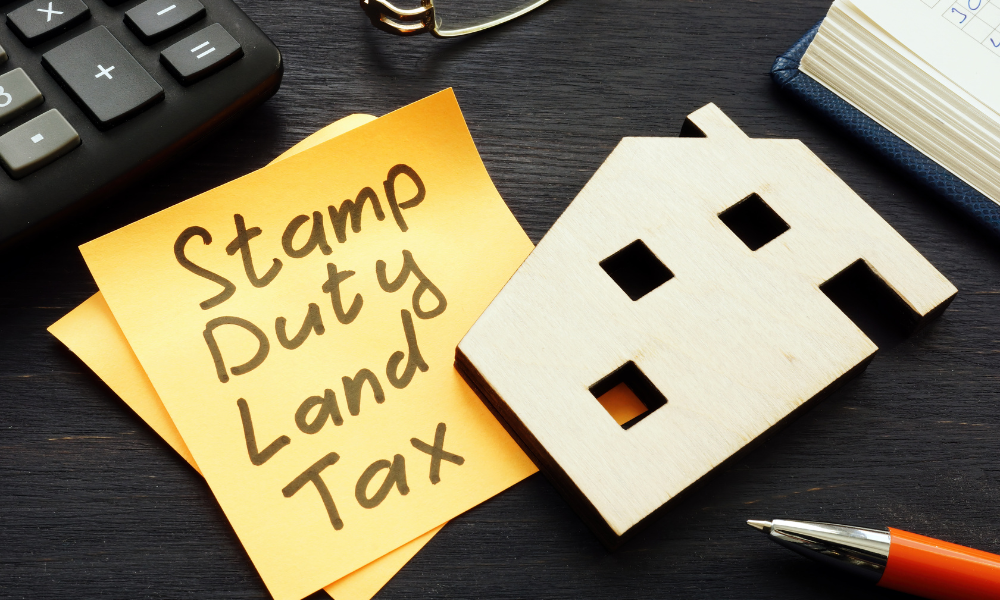Market cools amid uncertainty

The UK housing market experienced a slight slowdown in annual house price growth in October, according to the latest Nationwide House Price Index. Prices rose by a modest 0.1% month-on-month, bringing the annual growth rate to 2.4%, down from 3.2% in September.
Nationwide’s chief economist, Robert Gardner, anticipates a gradual strengthening of the market as affordability improves with potentially lower interest rates and continued wage growth. He describes market activity as resilient, due to “solid labour market conditions” and “strong income gains,” which have offset the impact of higher interest rates.
The temporary stamp duty threshold of £425,000 will revert to £300,000 in March 2025. Experts predict a surge in transactions in early 2025 as buyers rush to beat the deadline, followed by a potential lull. This echoes previous stamp duty changes, although the impact may be less pronounced this time due to the extended period of the tax break and existing affordability pressures.
Karen Noye, mortgage expert at Quilter, noted the budget introduced an immediate increase in the stamp duty surcharge on second homes from 3% to 5%, a move aimed at curbing buy-to-let investments. “This is aimed at discouraging buy-to-let investors and second-home buyers, potentially reducing competition for primary homes,” Noye said.
“However, this could also worsen the shortage of rental properties, further driving up rents, especially in cities where demand remains strong. For first-time buyers, there’s added urgency. With this deadline looming, we might see a rush of activity as prospective buyers try to complete purchases before the higher tax kicks in this could hike up prices.”
Mark Harris, chief executive of mortgage broker SPF Private Clients, pointed to increased competition among lenders offering cheaper mortgage rates as a positive sign. “Swap rates rose on the back of the Budget but this could be a knee-jerk reaction rather than a sustained period of higher rates,” he said. “Only time will tell – if Swaps remain at elevated levels for a while, lenders may have to increase their mortgage rates.”
Estate agents on the ground are observing a degree of uncertainty among buyers. Amy Reynolds of Antony Roberts noted an increase in property fall-throughs due to buyer nervousness surrounding economic conditions. “With the budget not as dramatic as feared from a property perspective, the ‘wait and see’ approach we have seen from some buyers, who have been more cautious than usual given the economic backdrop, will hopefully now ease,” she said. “For now, demand remains and most properties are successfully re-agreed and sold after returning to the market.”
Jeremy Leaf, a north London estate agent, anticipates increased demand for smaller properties as first-time buyers seek to capitalise on potential investor hesitancy due to the higher stamp duty.
Tomer Aboody, director of specialist lender MT Finance, has highlighted that the slight increase in house prices reflects growing confidence in the market, fuelled by lower interest rates and positive inflation data. “With mortgage rates at more affordable levels, borrowers will be further incentivised to take the plunge, especially in the wake of Rachel Reeves’ Budget, which could possibly lead to higher rates,” he said.



